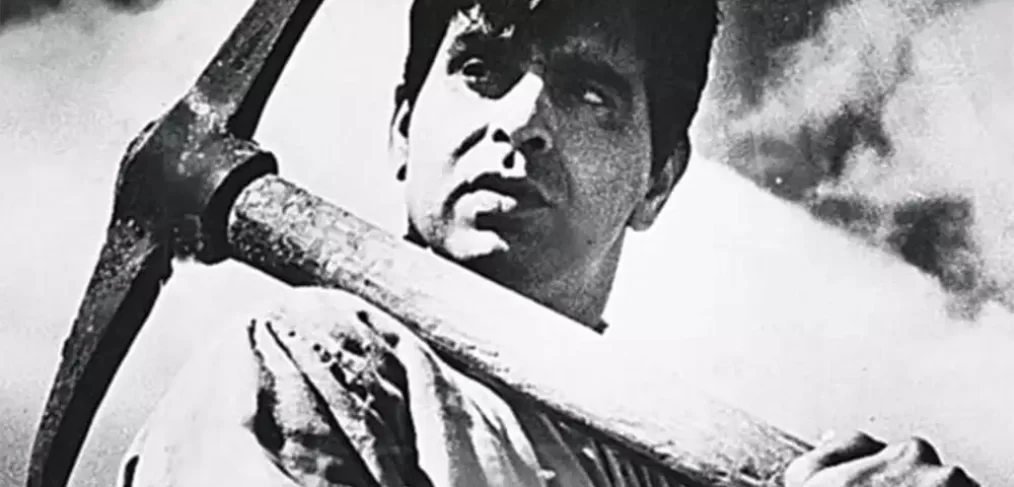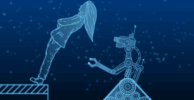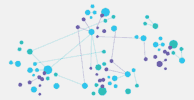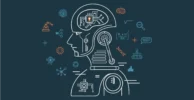
Hey AI, is my job on the line?
The recent rollercoaster in the tech world, marked by OpenAI’s (the creators of ChatGPT) leadership turmoil, has seemingly calmed. Yet, amidst the commotion, a tweet from OpenAI’s team saying “OpenAI is nothing without its people” really humanizes a company known for its fervent push of AI into our daily lives.
For those who are interested to know more here’s a timeline of the OpenAI saga with CEO Sam Altman – Tech (mashable.com).
The Big Question
As the dust settles for OpenAI, we circle back to address the perennial question: “Are our jobs once again at risk?”
Well, in short, “Yes”!
But let’s scratch beneath the surface because the real questions are, Can AI uplift our lives? Restore harmony to our work and personal realms? Boost the productivity of our teams?
And to that, I give a resounding and passionate “Absolutely.”
Echoes of ‘Naya Daur’: Tradition vs Progress
Let me draw a parallel with a classic Indian film “Naya Daur” or “New Era.” It’s a touching story of a Tongawalla, a horse-cart rider, who earns his keep by taking villagers from the train station to their homes. His simple way of life is threatened by the introduction of buses. In the face of this change, our hero stands up to protect the Tongawallas’ livelihood. And in an emblematic race between tradition and progress, the horse-cart, against all odds, wins.
The film was celebrated for capturing the spirit of an India on the cusp of change. Yet, it leaves me wondering, why did people root for the Tongawalla when the bus was clearly the future — faster, more efficient, a sign of progress?
Embracing Tomorrow
It’s funny how life works, isn’t it? As I have meandered through my own career, it dawned on me that we humans have a bit of a phobia—a fear of the new, of change. But here’s the kicker: we get over it. We adapt.
Those Tongawallas? They are pretty much history now. Buses and cars have taken over, and everyone’s better for it—well, in most ways. Economically, socially, we have leaped miles from where we stood back in 1957, the year “Naya Daur” hit the theaters.
It has become clear to me that change does have its costs, but it’s the toll we pay on the road to progress. We can either hop along the Tonga and risk obsolescence or we can hop aboard the change bus—destination: the future.




